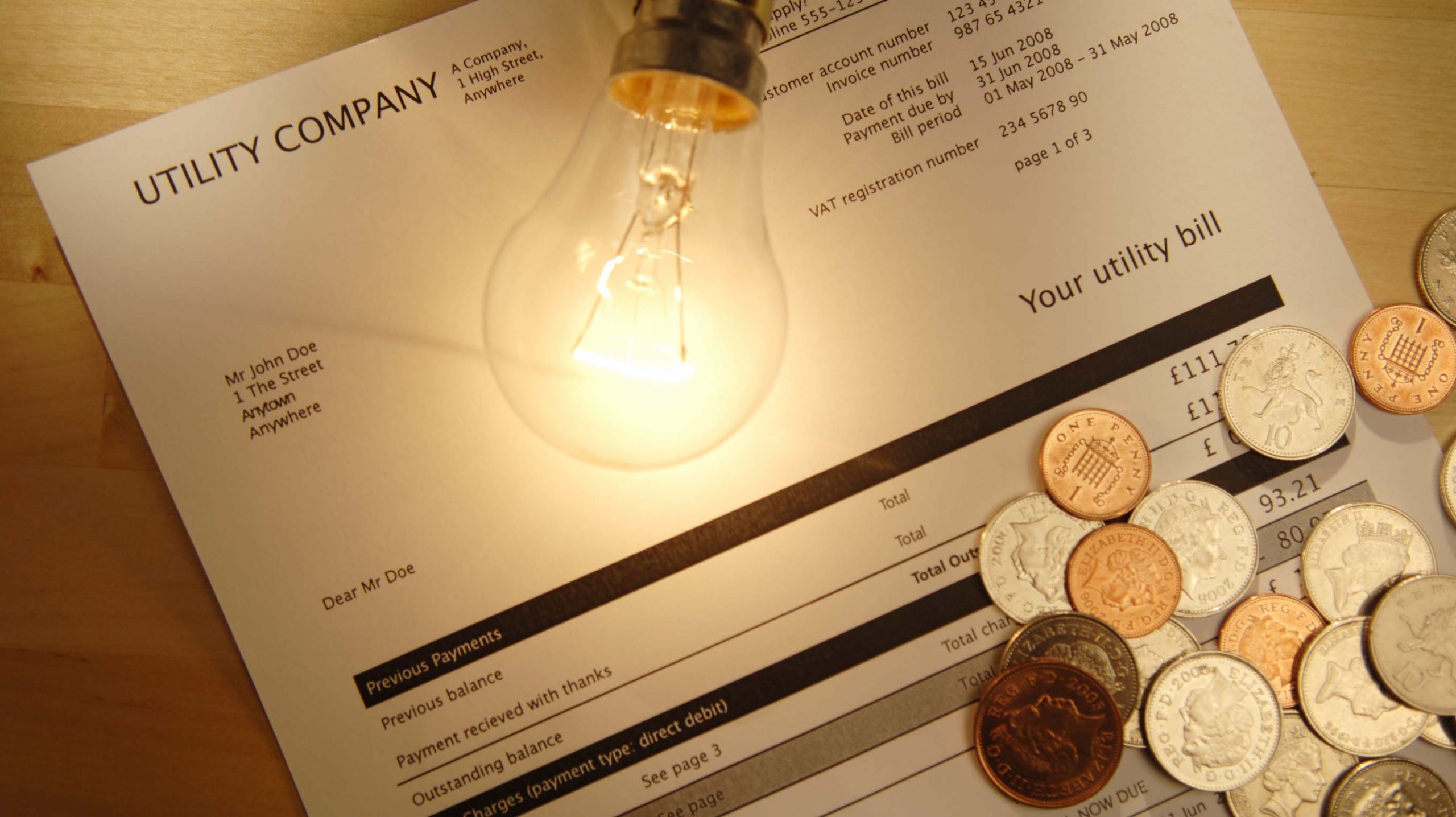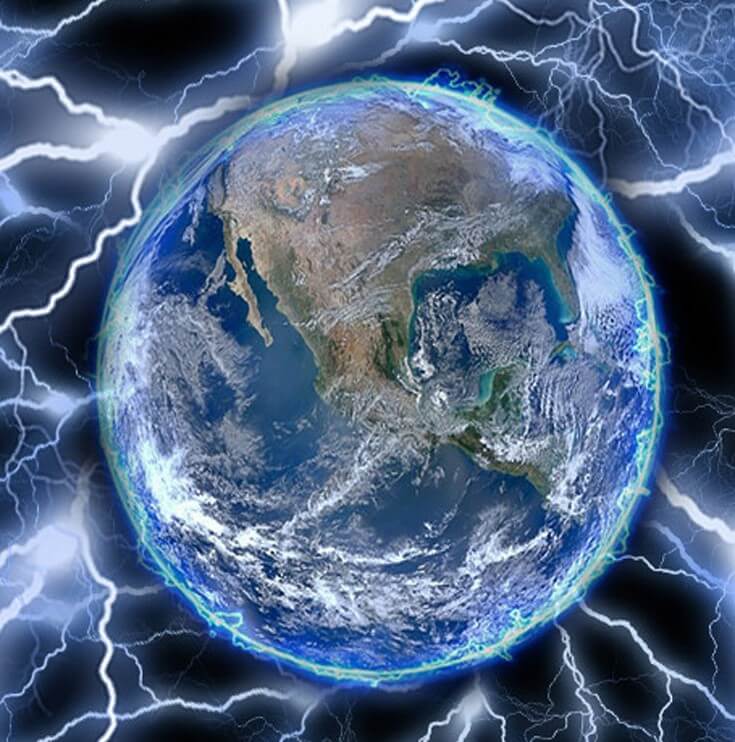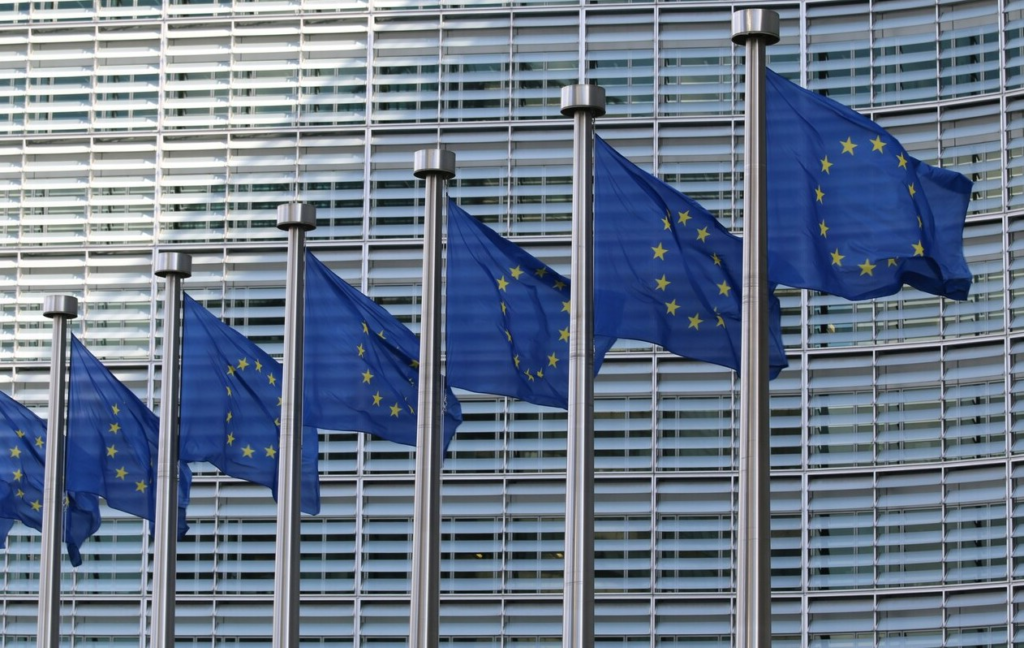As the European Commission prepares for a new term beginning in November, a seismic shift in the distribution of power among its directorates-general looms large.
The post A reduced DG SANTE is a good thing – here’s why appeared first on Green Prophet.
As the European Commission prepares for a new term beginning in November, a seismic shift in the distribution of power among its directorates-general looms large. The draft proposal seen by Euronews reveals that the Directorate-General for Health and Food Safety (DG SANTE) stands to lose significant authority over food safety, transferring crucial responsibilities to other departments. This reorganization is set to reshape the landscape of food policy in the EU, with potentially many positive outcomes given the diffused responsibilities in the sector and its societal importance.
Under the proposed changes, DG SANTE would cede control over pesticide approval, animal welfare, plant health, plant varieties, and new genomic techniques to the Directorate-General for Agriculture and Rural Development (DG AGRI). Furthermore, other food safety concerns would shift to the Directorate-General for Justice and Consumers (DG JUST), effectively decentralizing DG SANTE’s extensive influence over food-related issues.
Shifting battlegrounds
Currently, DG AGRI oversees the EU’s substantial farm subsidies program, the Common Agricultural Policy (CAP), which constitutes a third of the EU budget. Enhancing DG AGRI’s mandate could transform it into a comprehensive food department, managing the entire food system rather than merely agricultural production. This expansion would allow DG AGRI to address food security, agricultural trade, food waste, and other agri-food industry policies more cohesively.
The proposed shift in responsibilities is not merely administrative but could reignite contentious debates, particularly around the Front-of-Pack (FOP) label requirement laid out under the Farm to Fork strategy. This debate, highly contentious and political, has been dominated by those in support of Nutri-Score, a colour-coded label created by France, and those who oppose it. With an empowered DG AGRI, the creation of a senior official dedicated to the food system becomes a distinct possibility. Such a position could be particularly appealing to Italy, which, like other Member States, must appoint a Commissioner for the upcoming five-year term. Italy, among other countries of South Europe, notably Portugal but also Romania and Bulgaria, has vocally opposed the Nutri-score label, arguing that it unfairly discriminates against the Mediterranean diet and traditional foods.
Nutri-Score malaise
Nutri-score has faced persistent criticism since its introduction, one of the primary ones being that it grossly oversimplifies nutritional information and thereby potentially misleading consumers. By grading foods from A to E based on their nutritional profile, the system fails to account for the complexities of diet and nutrition. Critics argue that it penalizes traditional and artisanal foods, which might have higher fat or sugar content but are consumed in moderation as part of a balanced diet.
Additionally, there are concerns about the bias inherent in the Nutri-score system. Southern European countries, in particular, contend that the label is skewed against their culinary traditions. Foods like olive oil and certain cheeses, staples of the Mediterranean diet known for their health benefits, receive lower scores despite their nutritional value when consumed as part of a holistic diet. This has led to accusations that Nutri-score tends to favour industrial, processed foods that can be reformulated to achieve better scores, rather than whole, natural products.
Although Nutri-score will remain under DG SANTE’s jurisdiction for the moment, this could change if DG AGRI were to evolves into a comprehensive, centralised food authority. In that case, the FOP debate could shift to a department prepared to overthrow the entire FOP label debate to start from fresh and thus sparking fresh controversies.
The reshuffle as a great opportunity
Despite the turbulence, this restructuring presents several opportunities that could greatly improve the division of power, functioning and effectiveness of the European Commission. For DG SANTE, the streamlined portfolio allows a sharper focus on core public health issues, enabling it to play a significant role in global health initiatives such as the World Health Organisation’s pandemic accord and the rollout of new health data legislation. A more concentrated mandate could ensure that DG SANTE addresses public health concerns with greater efficiency and precision, potentially leading to more informed decisions in areas including the FOP label and much beyond.
Regarding DG AGRI, the consolidation of agriculture and food system responsibilities under one roof promises enhanced decision-making efficiency and effectiveness. The agri-food sector, currently embroiled in protests over low food prices, environmental regulations, and non-EU agricultural trade, could benefit from a more holistic approach. Farmers across Europe have voiced concerns about the bureaucratic complexities of the CAP, which has recently leaned towards greener policies.
Case in point are the farmer protests ongoing since late 2023 sparked by frustration by the pressures on their livelihoods. A restructured DG AGRI, equipped with broader powers, could address these grievances more effectively. The potential to streamline policies and reduce bureaucratic hurdles could alleviate some of the sector’s burdens, fostering a more sustainable and economically viable agricultural landscape. Indeed, a more unified DG AGRI might strike a better balance between farmer needs, consumer demands, and sustainability as the new European Commission begins its new mandate later this year.
As the European Commission moves towards this significant reshuffle, the implications for food safety, agricultural policy, and public health are profound. Whether these changes will lead to improved efficiency and effectiveness or spark new conflicts remains to be seen. However, the stakes are undeniably high, and the outcomes will shape the future of Europe’s food system for years to come.
The post A reduced DG SANTE is a good thing – here’s why appeared first on Green Prophet.
Recommended Story For You :

Bringing Dead Batteries Back To Life Is Simple!

SEPTIFIX to the Rescue! Say Goodbye to Problems and Hello to Savings

Ecomposing of Paper Towels Produce Methane Gas

A Leading Cause Of Global Warming!

A cleaner world where energy is abundant essentially free

and sourced directly out of the inherent power of the space surrounding us.

MIT Discovery can cut power bills by 65%

Easy DIY Power Plan Will Change Our World Forever

Discover the World with Our Passionate Geography Teacher in Memphis!




